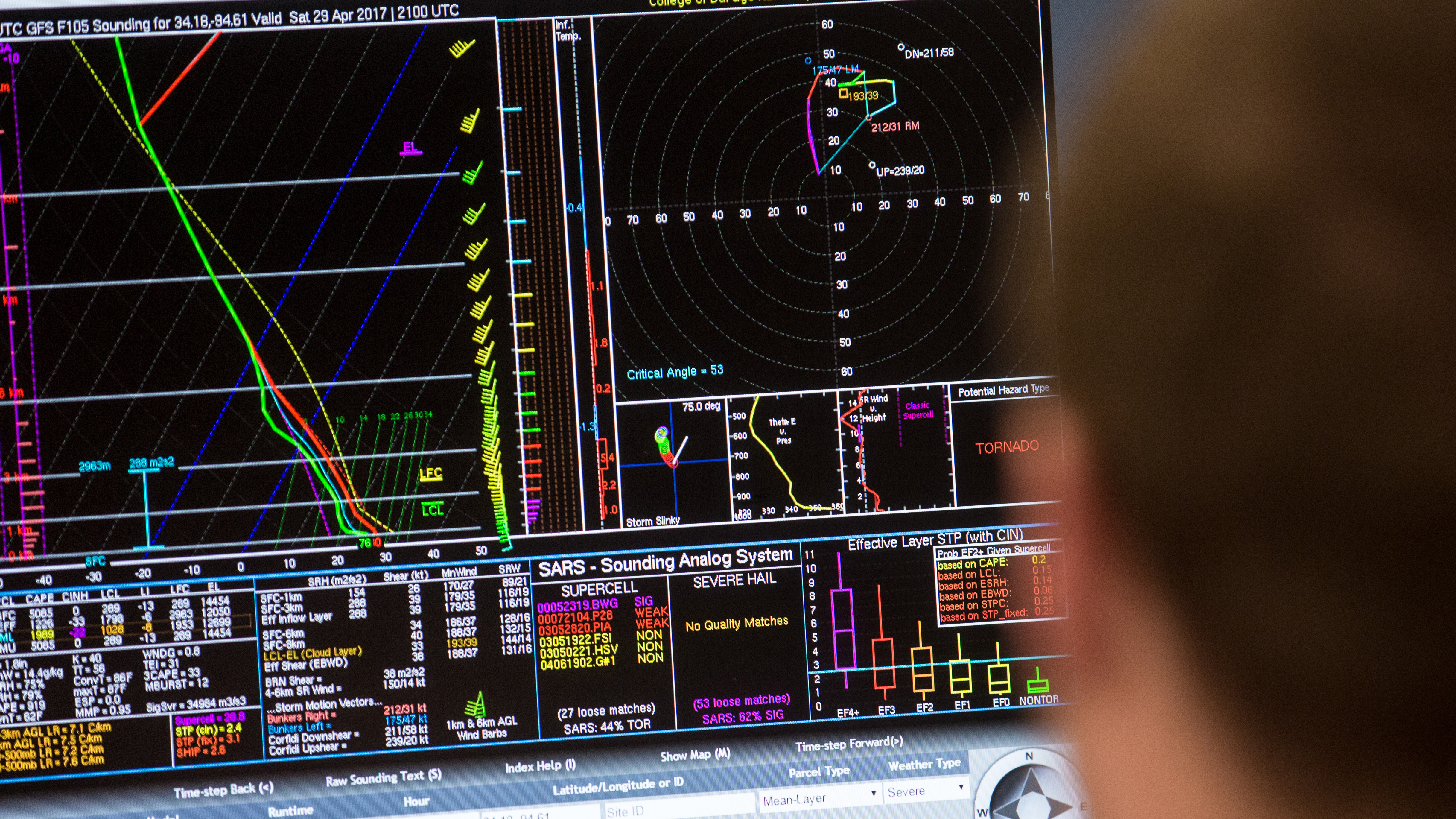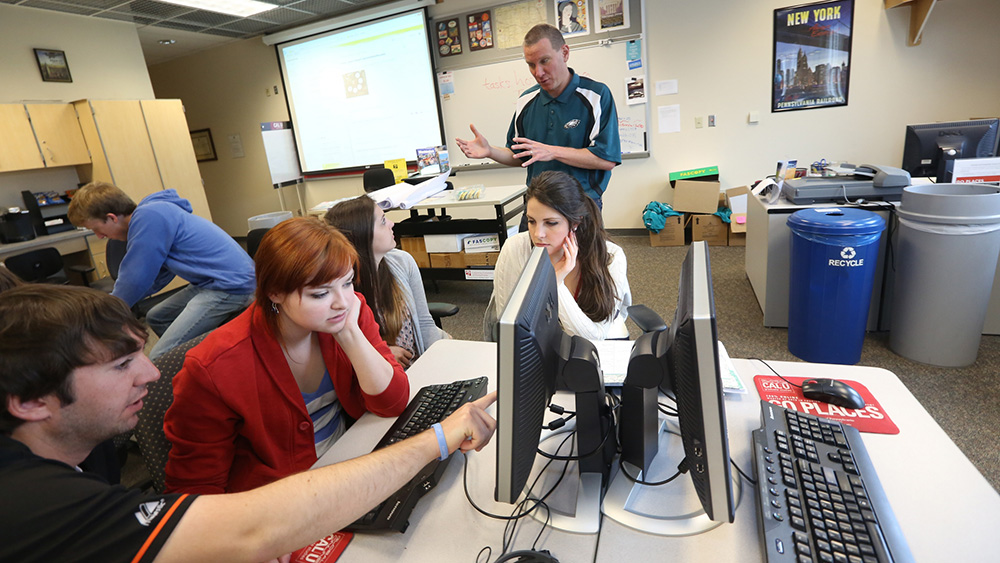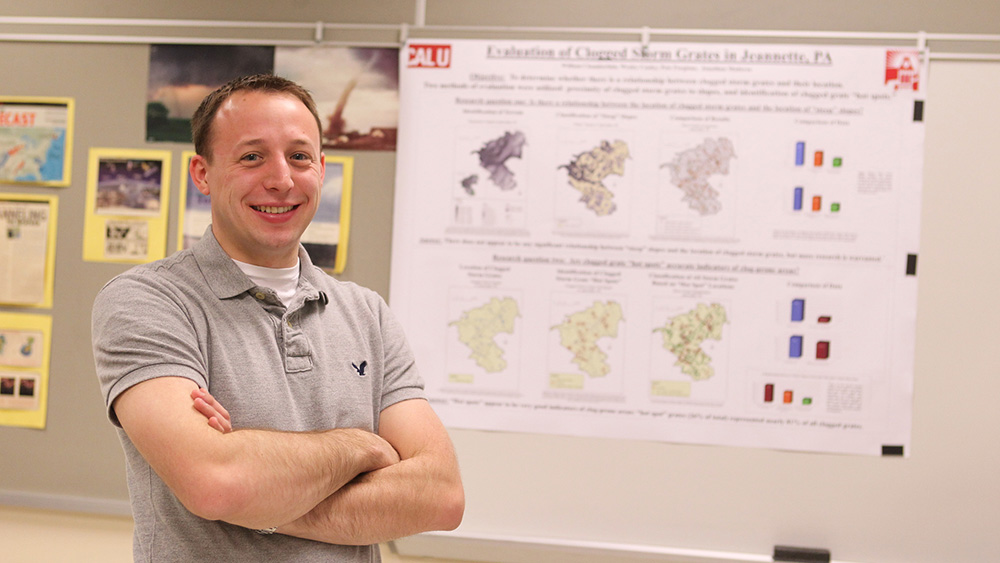About Geographic Information Technology
Prepare for a top career in current and emerging occupations.
Gain a competitive edge at PennWest California, where you'll build a strong foundation in the specialized fields of geographic information system (GIS) and technology in our comprehensive Bachelor of Arts in Geography degree program. The U.S. Department of Labor has named geospatial technology as a high-growth industry.
The Geographic Information Technology concentration provides a basic grounding in geospatial concepts and techniques. Students complete courses combining geographic knowledge with advanced technological information in remote sensing, hazards research and advanced geographic information systems.
Gain a career advantage with PennWest California's highly respected, hands-on program.
The B.A. in Geography program enables you to develop skills through the traditional lecture/discussion format, as well as with hands-on experience. The concentration in GIS and emergency management prepares students for continued studies in graduate school or employment in government and private planning, geobusiness positions in private industry, emergency management positions, or positions with humanitarian relief and disaster management organizations, FEMA, USAID, and the Department of Homeland Security.
The program certifies students in the Afghanistan Spatial Data Center. As a partner with ASDC, PennWest California teaches basic applied geography insights within a disaster management context, while students learn the global value of geographic information systems.




